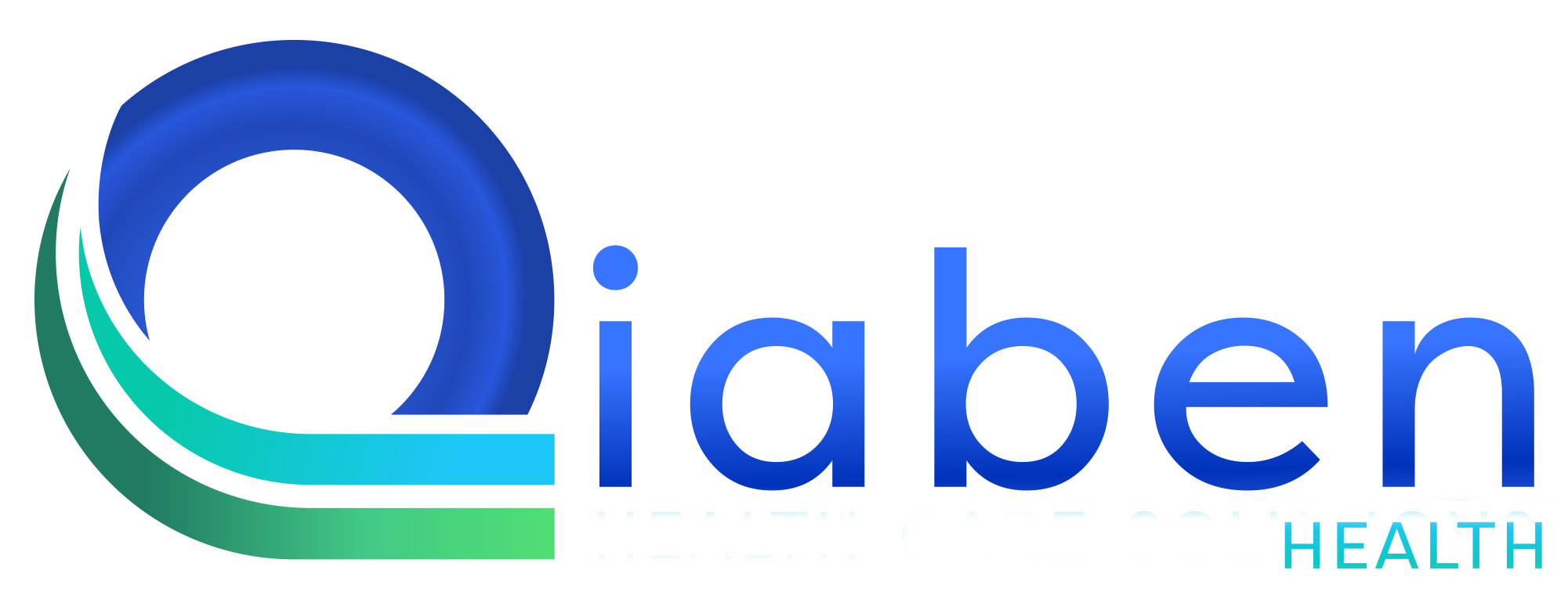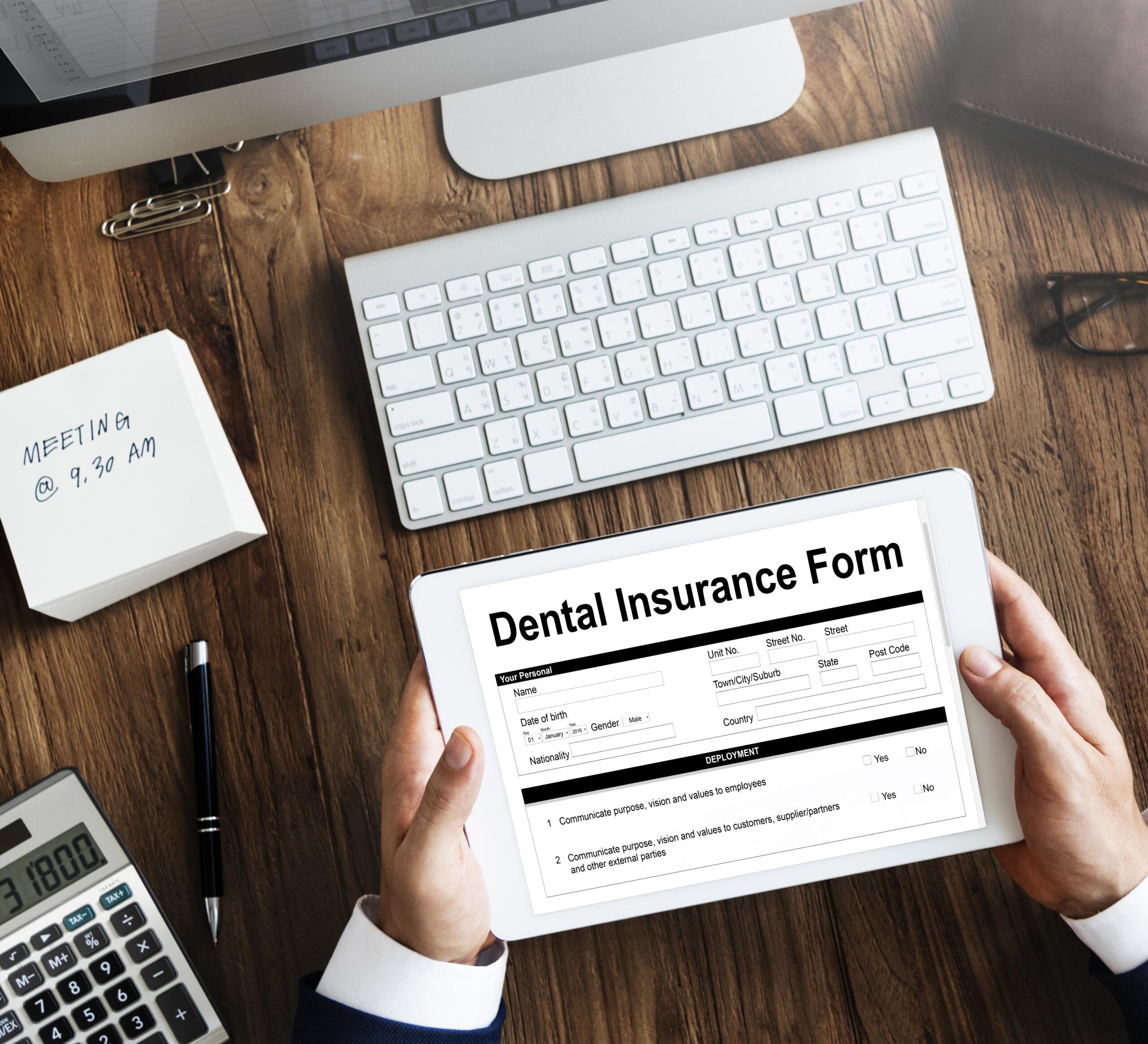
The Significance of Billing in Managing Patients Health
In healthcare, it may appear that medical billing is a behind-the-scenes act because everything is dense enough to be a determinant of well-being for a patient. However, it plays a major role in enhancing quality in patient-care delivered. For maintaining financial stability of the healthcare system and ensuring that patients access timely healthcare services devoid of impediments; accurate medical billing is very important. It is for this reason that this paper will demonstrate how detailed detailing improves patients’ well-being and why, especially doctors and nurses must be aware of billing procedures.
Understanding Medical Billing:
Medical billing refers to how health care providers submit claims to insurers so as to receive payments on rendered services. This involves translating healthcare services into billing codes thereby ensuring that the codes correspond with the services provided accurately. A separate area is also involved known as patient billing where any amount not covered by insurance is charged on the patient by the health care provider.
Accurate Medical Billing and Its Effects on Patient Care:
1. It Guarantees Timely Delivery of Health Services:
In health care, timeliness is critical. A delay in billing may mean delayed treatment especially where prior authorizations or insurance company approvals are required. Accurate billing for medical services ensures that prompt treatment is not withheld due to administrative concerns. During critical care situations, delays may even contribute to serious health implications.
For instance, if a person seeking for a life-saving procedure has wrong billing codes or incomplete information, the health payer will refuse its payment, and the patient will not receive urgent treatment for the period. To minimize delays in treatment, physicians and nurses who are conversant with appropriate coding can collaborate closely with business departments to offer all required information from the beginning.
2. Enhances Patient Experience and Satisfaction:
Most patients consider hospital bills to be confusing and overwhelming. Errors include miscalculated charges or unclear terms can make them lose trust in hospitals and healthcare providers making their overall quality of care terrible.Effective medical invoicing reduces these mistakes and gives patients clear bills that they can understand. Through this transparency between patients and health care providers trust is built. Patients’ experience becomes better when they know that their bills are genuine and fair; hence such experience forms a vital aspect of patient care.
3. Cutdown on patients’ financial stress:
Financial stress is one heavy burden for many patients mostly those who suffer from chronic illnesses that need to be constantly treated over time. Wrong billing could result into patients being charged for services they never received or end up paying more than required. This creates financial strain thus discouraging people from seeking medical help.Precise medical billing helps these health care practitioners reduce this financial load on their patients especially if we consider vulnerable groups like young retirees or low-income individuals already finding it hard to afford their medications. When clients trust that their accounts are accurate, they would not fail to get essential health services just because of money issues.
4. Enhances Better Communication Between Medical Care Providers And Recipients:
Accurate medical bills have the potential of enhancing communication between health care professionals and patients. When it is easy to comprehend and precise, patients are more likely to inquire about cost and treatment options. This results in better decision making, as well as stronger relationship between health care provider and patient.
For instance, when a patient is not certain about how costly a specific treatment may be, clear billing plays a very important role in making them aware of what exactly their insurance covers or whether they will incur any out-of-pocket expenses at all. Patients will have an opportunity to make informed decisions regarding their treatment hence putting into practice one of the fundamental principles of patient-centeredness.
5. Improves coordination of care:
In today’s healthcare industry, patients visit several specialists and providers. All providers who take part in the patient’s treatment must receive appropriate payment, this enhances coordination of care through accurate medical billing. Accurate and timely billing reduces the chance of conflict among providers over payment that could break the continuity of care. For example, when a patient is under care from both his/her family doctor and a specialist, correct billing makes sure that both doctors are informed about the treatments. This prevents double treatment from being done on similar cases whilst ensuring that they get what is best for them.
6. Compliance with regulations is supported by this:
The healthcare industry is highly regulated and there are numerous rules in relation to medical billing. Compliance with these regulations is crucial not only for preventing legal problems but also for ensuring that patients get the care they deserve. Accurate medical billing helps comply with regulations by submitting claims in accordance with relevant laws and policies. Therefore, it lowers chances of audits, paying fines or penalties which would impede provision of services. In addition, compliance with billing rules makes sure that all services covered by a patient’s insurance are rendered hence improving on the quality of such care.
The Importance of Medical Billing in Relation to Nurses and Physicians:
Although physicians and nurses may not be directly engaged in billing, they are essential players in the process. The correct record keeping of patient visits, diagnoses, and treatment modalities is what begins the billing process. A neat document kept by health care providers helps to minimize chances of errors in billing.
In addition, co-operation can be improved by the health care providers registering their understanding into coding and billing techniques utilized by the respective billing teams. This would help to avoid problems that can ultimately lead to a slowdown of health services and billing mistakes. Being involved with the revenue cycle at an early stage would enable physicians and nurses assist with timely service delivery ensuring patients do not wait for long periods before getting correct treatment.

The Consequences of Inaccurate Medical Billing:
Inaccurate medical billing can have severe consequences for patients and healthcare providers alike. Patients may experience financial difficulty, delay in treatment or even denial of care as a result of billing mistakes. For healthcare providers, inaccurate billing may result in lost income, legal problems and loss of reputation.
Some billing errors attract audits and investigations that are expensive and time consuming. The diversion of resources from patient care makes the situation worse for patients because it creates an additional burden on them. Another consequence of wrong bills is claim denials that make the patients pay all their medical expenses.
The Right Things to Do when you need a Medical bill that is true:
To eliminate the consequences of wrong billing, health care providers must follow right practices in medical billing. Some of these include.
1- March these steps ensuring physicians and nurses, as well as all those involved in billing are well trained in medical coding and billing procedures.
2- Using Electronic Health Records (EHRs) and billing software for a seamless billing process that minimizes errors.
3- Routine reviews of billing practices to identify and resolve issues before they impact service delivery.
4- There should be communication between healthcare providers, the billing team and patients so that everybody understands bills and payments accurately.
Conclusion:
In conclusion, medical billing, which is an important aspect of health care impact on patients’ lives directly. Improved patient satisfaction rates through better quality of care provided can be realized by ensuring accuracy and efficiency in billing by health care providers thus reducing cost to patients as well. As part of this, physicians and nurses must ensure they produce accurate documentation and work closely with the billing teams.
When it comes to accurate medical billing, the emphasis is not only on money; it’s also about providing good service to patients. By making accuracy their priority in billing, healthcare facilities can guarantee that individuals have access to timely treatment that is both suitable for them and affordable as well.







